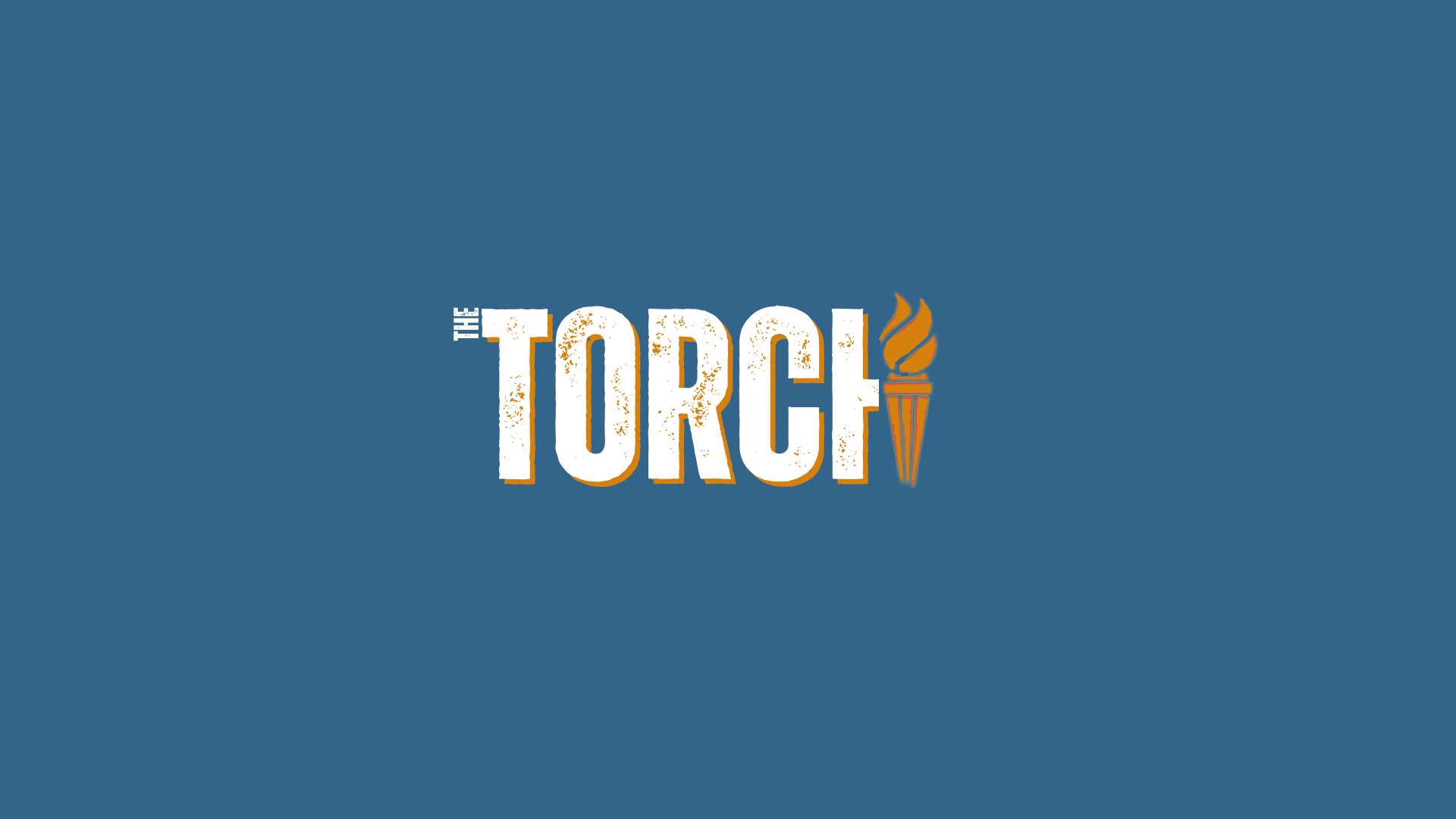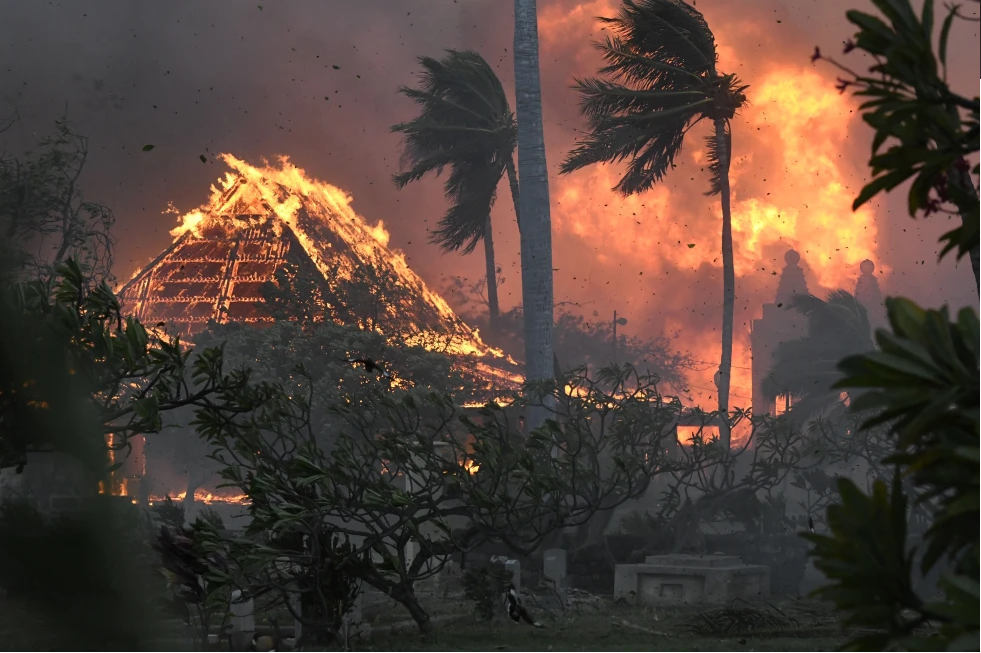If it wasn’t enough of a wake-up call that July 2023 is the hottest month ever recorded on Earth, the devastating Maui wildfires came as a shock to people around the world. Although analysts are quick to point out that global warming cannot be portrayed as the sole reason for the wildfires, it was made clear to the world that people can no longer be desensitized to environmental disasters.
Although the media often paints a picture of Hawaii that suggests a beautiful tropical climate, what lies behind that facade is a harsh climate and vegetation conducive to wildfires.
Hawaii suffers greatly from flash droughts, which may be partially attributed to global warming, in which the air is so hot and dry that wildfires can spread easily. Invasive grasses catch fires easily and spread them to forests that burn down and eventually get replaced with more invasive grasses. Furthermore, strong winds caused by differences in air pressure characteristic of the Hawaiian islands fanned the flames of the wildfires and spread them faster. (Maui fires: Impact of climate change, drought, hurricane winds – CBS News)
Additionally, several Hawaiians believe that the West holds responsibility for colonizing the islands and leaving them unable to self-sustain during disasters. Some argue that it continues to deepen this wound through its destructive environmental practices, the commodification of the Hawaiian islands as tourist destinations, and desensitization towards the plight of affected locals in Maui. (Maui’s Wildfire Recovery Is Haunted by the Specter of Colonialism | The New Republic), (Native Hawaiian official blames colonization, climate change for wildfires | RNZ News)
As a result, the wildfires have been devastating for the population in Maui. There have been 115 confirmed fatalities according to Maui County, and authorities estimate that the Lahaina fires have resulted in an estimated 2,719 structures exposed, 2,207 structures damaged or destroyed, and 2,170 acres burned. Furthermore, 86% of the buildings exposed to the fire were classified as residential.(https://www.mauicounty.gov/CivicAlerts.aspx?AID=12823) The wildfires have truly sent a message to the rest of the USA about the destructiveness of such disasters.
“[The] Maui wildfires matter to us in Katy as they highlight global wildfire issues due to climate change, raising awareness about local wildfire risks,” Junior Divyesh Suraparaju said.
Efforts to curb the disaster have been underway. President Biden has ordered all available federal funds to the islands to help with response to the Maui wildfires. The Hawaiian National Guard has mobilized Chinook Helicopters to aid in fire suppression and rescue efforts, and the Marines and Coast Guard have been working with various departments of the US Government to aid in evacuation and post-fire recovery. (https://www.staradvertiser.com/2023/08/09/breaking-news/biden-pledges-all-available-federal-assets-for-response-to-wildfires/)
Amid the hard work of government and nonprofit organizations to help Maui heal, there are also simple actions common people can do to support the effort.
“I think that the Seven Lakes community can help Hawaii by fundraising, collecting supplies, educating about climate change, volunteering remotely, and collaborating with relief organizations,” Suraparaju said.
Hawaiian communities have also been discouraging tourists from visiting Maui; not only is it unsafe and less appealing due to the destruction, the last thing Maui needs is increased pressure on its resources in a time when it is recovering from a catastrophic event such as this one.(https://spectrumlocalnews.com/hi/hawaii/news/2023/08/15/tourists-discouraged-from-visiting-west-maui-)
“It is important to not place other lives on the line by traveling to affected places,” Junior Yojith Maddala said. “It’s safer to advocate for better sustenance and recovery rather than placing a fireman’s life, for example, on the line just in case you are caught in a fire.”
The disaster has garnered worldwide attention not just for its devastating impacts, but also its relevance. In a time when wildfires are increasing at an alarming rate throughout North America, it’s important for societies worldwide to come together and display their solidarity with affected communities; in their healing process, they need more support than one may realize.
“It’s more than just a natural phenomenon,” Maddala said. “It serves as a learning lesson as to how we should take things more seriously and always support those who are struggling.”



